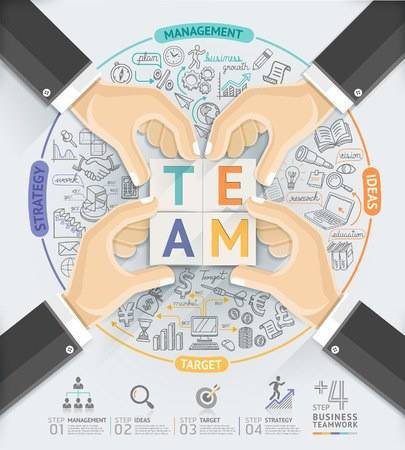If you are torn between "MBA" and "EMBA (Executive MBA)", imagine what your company will look like in 15 years. There will likely be "very few" MBA or EMBA holders among your colleagues and superiors today. The reason for this is simple: the number of MBA participants has increased significantly, and it is a reality that in another 15 years, a significant number of juniors and supervisors will join the company with MBA qualifications. Now, you may be thinking, "Why are you going to an MBA?" But shortly, they will probably look at you positively and say, "So you want to be a manager."
EMBA/Executive MBA Ranking
In fact, an MBA is not an uncommon title in the U.S., as it is reported that one out of every four general managers of listed companies in the U.S. is a master's degree holder, and in Europe, there are also "double master's" or "joint degree" programs. In Western societies, where MBA education is well developed, it is common to refer to an MBA as an "MBA" when one obtains it at a young age and an "EMBA" when one obtains it after accumulating work experience EMBA and MBA are ranked separately. This difference is especially clear in Europe, so please understand it accurately if you are working for a European company.
QS Rankings, known as the publisher of the World University Rankings (#QSWUR), a ranking for EMBA and MBA education, collects EMBA data provided by business schools worldwide every year and publishes the rankings every April. It is estimated that there are more than 1,000 EMBA programs worldwide, and the main evaluation factors for QS's Global EMBA Rankings are corporate assessment, researcher assessment, curriculum, alumni performance, quality of enrollment, and diversity of participants.
Differences between MBA and EMBA curriculum
The basic structure of the EMBA and MBA curriculums is similar, but the EMBA has a higher ratio of executives among the participants, so even if the same corporate case is used, the main feature of the EMBA is that the discussion perspective is different from that of the MBA. If the MBA is for middle management candidates, the EMBA assumes that the students are already middle management or above, i.e., that they will be active as core personnel in the company after completing the course.
Therefore, even if the course titles are the same, the learning goals (learning objectives) of MBA and EMBA must be differentiated. For example, "Leadership," an important subject in business school, is a typical example, and the style of leadership discussed naturally differs depending on whether the participants are MBAs or Executive MBAs.

 Brochure
Brochure
 Information Session
Information Session
 Online Application
Online Application
 MBA Basics
MBA Basics














